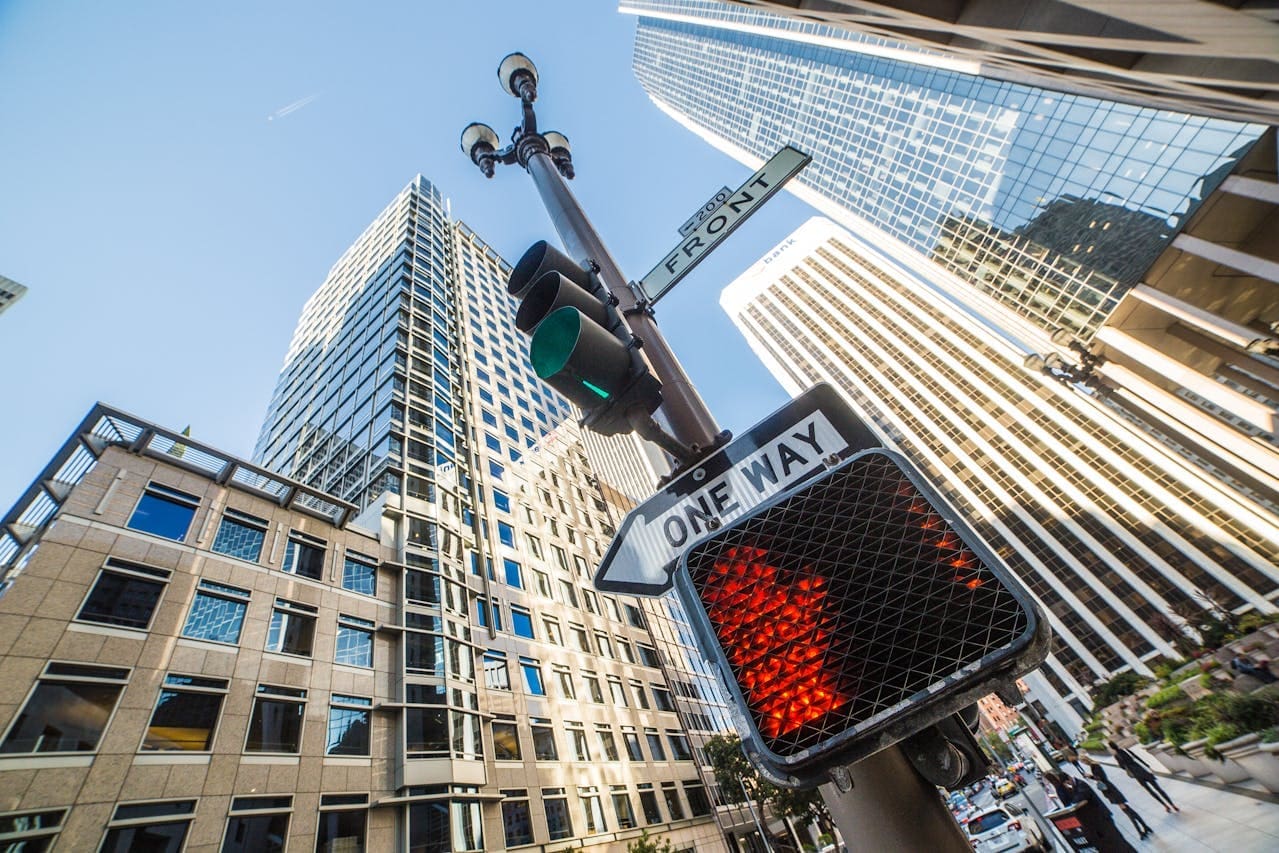You may have heard of greenwashing – but are you prepared for the latest issue that could potentially stop you from reaching your net zero targets?
There are several obstacles that can come in the way of a business reaching its net zero goals. Many businesses are setting targets for the not-too-distant future, so we ask; are these achievable and what is stopping them from getting there?
There are numerous blockers for companies all over the globe – the distinct reasons, include financial constraints, lack of technological advancements, regulatory hurdles, or simply a lack of commitment from stakeholders including a lack of human resource. But more recently, the issue of ‘greenstalling’ has become more apparent and a new challenge that many businesses face as a result of a number of these common barriers.
A recent research report1 from the Carbon Trust shows that the three key factors in preventing a business from achieving their sustainability goals are internal alignment and gaining ‘buy in’ from stakeholder, concerns over external scrutiny and the challenges over scope 3 emissions.
Over the last 18 months the positive impact of businesses taking the net-zero targets seriously, with a 40% increase in companies setting net zero targets. However, the issues that many businesses face are becoming overwhelmed by the number of factors involved in implementing an actionable plan to reach those targets and therefore ‘stalling’ on their net zero journey.
The research also found that 80% of respondents view the regulation of net zero communications as a concern for their business, while 79% agreed that greenwashing is a major reputational risk. Further research2 carried out found that resource, time and financials are considerable factors for SMEs stalling on their journey to achieving net zero targets.
So how can we address these key factors?
Getting company support for their net zero targets, is an issue many face. Bringing your stakeholders onto the net zero journey is part of that process, but getting real buy in for the creation and implementation of plans is another thing entirely.
One effective way of ensuring you have your net zero goals aligned with other business objectives, is to demonstrate how not managing this program well, could negatively affect many of your other business ambitions.
These can include:
Reputational Damage
Companies that fail to make progress toward sustainability goals may face backlash from customers, investors, and the general public. This can damage their brand reputation and erode consumer trust.
Competitive Disadvantage
In today’s market, consumers and investors increasingly prioritise sustainability. Businesses that are behind in their sustainability efforts may lose customers to competitors who are more proactive in their environmental initiatives. It is not limited to certain industries anymore – customers face decisions, from where they shop, to how they travel to who they use for their energy so it is a key purchasing decision for both B2B and B2C business.
Regulatory Risks
Governments worldwide are implementing stricter environmental regulations to address climate change. Companies that don’t commit to sustainability action plans risk facing penalties or being at a disadvantage when new regulations are introduced.
Financial Consequences
Delaying investments in renewable energy, energy efficiency measures, or other sustainable practices can result in missed cost-saving opportunities in the long term. Sustainability linked loans and investment opportunities are becoming more commonplace and it is, like purchasing decisions often a factor in assessing risk from lenders and investors.
Missed Opportunities for Innovation
Embracing sustainability often drives innovation and creates new business opportunities. Companies may miss out on these opportunities to develop and market new products or services that meet evolving consumer preferences for sustainability.
Challenges over scope 3 emissions
Given the current complexities of supply chains around the globe, measuring, reporting on, and having an impact on scope 3 emissions can feel like a dream or far off fantasy.
Why are scope 3 emissions such an important consideration?
First step is to truly understand what the scopes mean. In brief, the higher the number, the closer the emissions are to your business.
Scope 1 describes the direct emissions stemming from owned sources or under direct control of the business. Scope 2 encompasses the indirect emissions generated through the purchase and use of electricity, steam, heating, and cooling. Through energy consumption, organisations bear indirect accountability for the emission of these greenhouse gases. Scope 3 incorporates all additional indirect emissions arising from the upstream and downstream activities associated with an organisation. You can find more detail on the scopes here.
Mike Tournier, Carbon Reduction Expert at Achilles explains the reason why scope 3 is becoming so important;
“Considering that a company’s scope 3 emissions often overlap with other companies’ emissions, strategies to reduce scope 3 emissions are particularly fertile ground for opportunities to identify synergies and collaborate.”
To learn more about scope three emissions, and how to manage these as a business, you can enrol in our free e-learning Carbon Reduction, Management and Reduction, written by our carbon expert Mike Tournier.
So how can businesses create a sizeable impact on all tiers of their supply chain, and not just their own?
Ensuring all tiers are considered when measuring, reporting and managing your GHG emissions is an important part of making a real impact on the carbon footprint of your business as a whole. If we want to be serious about achieving net zero goals, you can’t turn a blind eye to parts of your business, even if it feels distant and disconnected.
If you want to find out more about fully understanding your scope 3 emissions you can book in with one of our carbon reduction experts today. Click here to contact us, or fill out the form below…
- Reference: ‘Breaking Business Barriers to Net Zero’, Carbon Trust, February 2024. Available at: https://www.carbontrust.com/our-work-and-impact/guides-reports-and-tools/breaking-business-barriers-to-net-zero (21 Feb 2024). ↩︎
- Carbon Reporting: Motivation and Barriers for SMEs in the UK’, Hall, Ellis, June 2023. ↩︎



